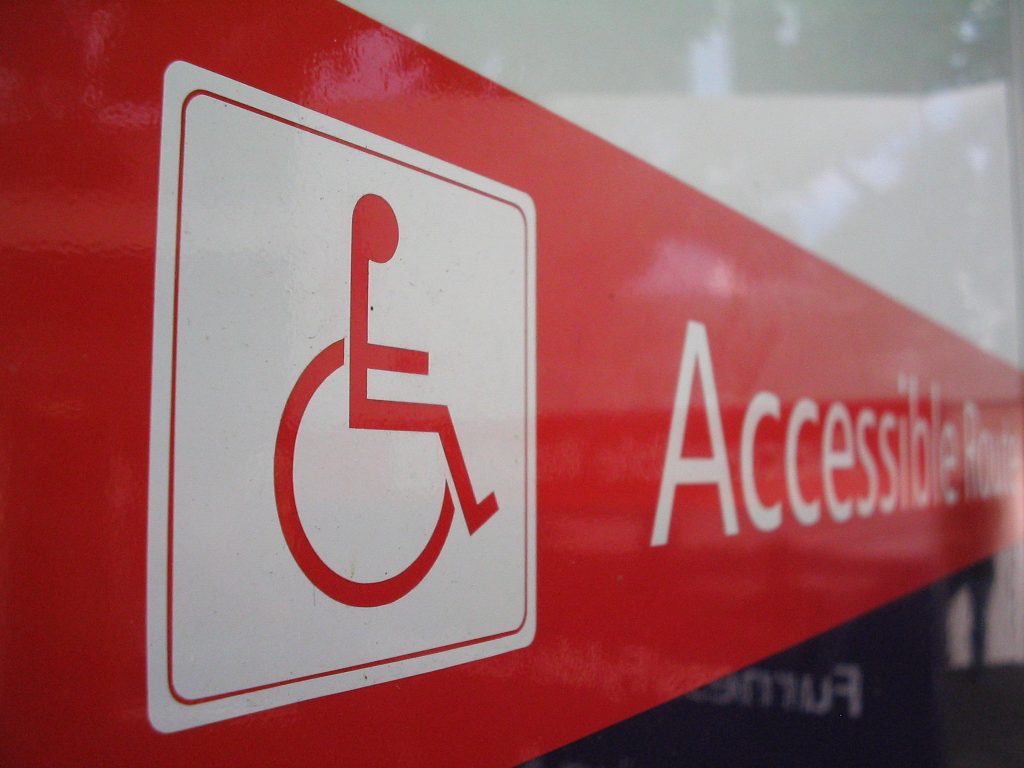 Navigating an ERISA disability insurance claim through the courts can be a difficult task. The best ERISA disability isurance claim lawyers can help be your guide to ensure your rights are protected. The following case that arises out of the Federal Court system in New Orleans demonstrates the issues that can arise when you fail to timely provide the required documents to prove your case and your insurer denies your disability claim.
Navigating an ERISA disability insurance claim through the courts can be a difficult task. The best ERISA disability isurance claim lawyers can help be your guide to ensure your rights are protected. The following case that arises out of the Federal Court system in New Orleans demonstrates the issues that can arise when you fail to timely provide the required documents to prove your case and your insurer denies your disability claim.
The case began when Angel Dix a two-year employee of Blue Cross Blue Shield Louisiana began experiencing back pain. Her doctors deemed her disabled for insurance purposes and she began receiving disability benefits under the company’s long-term disability program. Less than a month later, Dix was notified that she would no longer receive disability payments by her insurance company. The letter stated that the administrator found that the medical evidence “no longer supported a finding of disability.” The administrator considered medical opinions from treating and reviewing physicians, findings of an independent medical evaluation, and a vocational expert’s report. Dix appealed the decision.
During the initial review process, the administrator asked Dix whether she would like to submit additional documentation, and even gave Dix an extension on the deadline for submitting documentation. Dix failed to submit any additional information. The record was reviewed and the decision of the administrator was upheld. Then, approximately one year and three months after the administrator issued its final decision in her appeal, Dix submitted medical records, X-rays, MRIs, affidavits, and a favorable Social Security Administration decision. The affidavits were from two of her doctors stating that they do not recall speaking with the reviewing physician. The administrator declined to add the documents to the administrative record because Dix has exhausted her administrative remedies.
As part of her appeal, Dix asserted that she had a right to have her administrative records reviewed. After reviewing the arguments of counsel, the Appellate Court found that she did not have a right to include her records in the Administrative Record. The administrator asked Dix whether she would like to submit additional documentation, and even gave Dix an extension on the deadline for submitting documentation. Dix failed to submit the additional information. Dix only sent the additional documents to the administrator approximately one year and three months after the Administrator issued its final decision in her appeal. At that point, Dix had exhausted her administrative rights and did not have a right to have her records reviewed. See Hamburg v. Life Ins. Co. of North America, 470 F. App’x 382 (5th Cir. 2012) (upholding the district court’s refusal to remand a case to the plan administrator to supplement the administrative record where the benefits claimant failed to submit documentation to the plan administrator during the 18 months in which he was pursuing an appeal)
Another argument Dix made in her appeal was that the administrator acted arbitrarily and capriciously. The Appellate Court found that the administrator did not act arbitrarily or capriciously. The administrator based its decision on the medical opinions of several physicians and an independent medical evaluation finding Dix capable of sedentary employment. Dix could not meet her burden to show that the administrator’s decision was not based on substantial evidence. See Holland v. Int’l Paper Co. Ret. Plan, 576 F.3d 240, 246 (5th Cir. 2009)
Disability claims require the best lawyers to help ensure all deadlines are meet and all documents are provided to the administrators. Unfortunately for Ms. Dix her claims of disability were denied and the Appellate Court offered her no relief.
Additional Sources: ANGEL DIX, v. BLUE CROSS AND BLUE SHIELD ASSOCIATION LONG TERM DISABILITY PROGRAM
Additional Berniard Law Blog Articles on Disability Claims: Alexandria, LA—Third Circuit Affirms Disability Payments to Injured Employee with Preexisting Hip Replacement
 Louisiana Personal Injury Lawyer Blog
Louisiana Personal Injury Lawyer Blog

